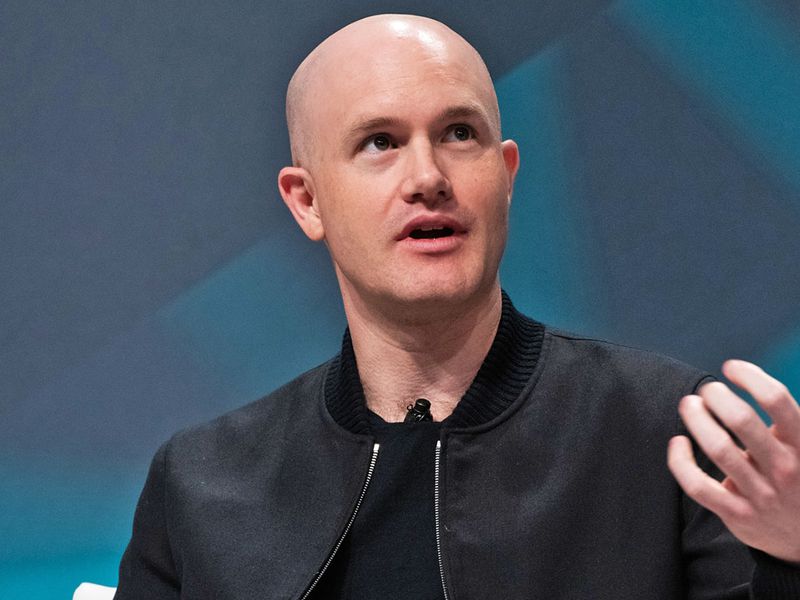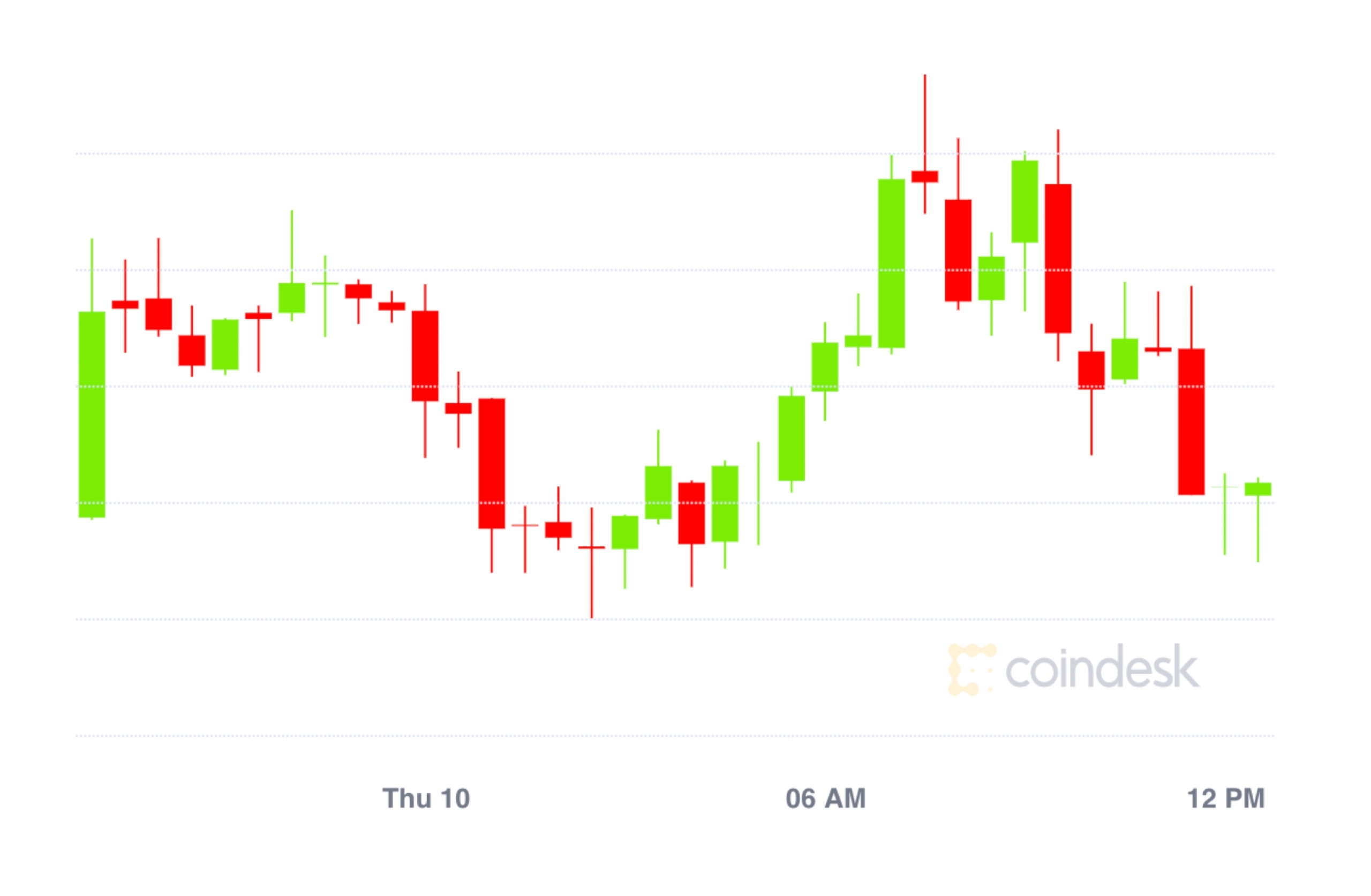Swiss Crypto Startup Eidoo Announces Token Tied to the Price of Gold
Eidoo has become the latest cryptocurrency startup to seek to create a more stable token by tying it to the price of gold.
The Switzerland-based startup says the ERC-20-compatible token, dubbed the ekon, will sit alongside its multicurrency wallet and decentralized exchange. But perhaps more notably, each token will be redeemable for one gram of 99.9 percent fine gold, which the startup says will be stored in its vaults and audited every 90 days.
“People will be able to see the gold stored in the security vaults through a video camera, we will post a link on the website so everyone can control the gold,” Natale Ferrara, the startup’s founder, told CoinDesk in an email via a spokesperson.
Fees for buying and selling ekon on the exchange will generate revenue for Eidoo in the form of its EDO token (CoinDesk previously reported on the company’s unique approach to its revenue). Ferrara also said that fees will be assessed if anyone wants to trade in their crypto token for an actual gram of gold.
“Each Ekon token will be backed by … [24-karat gold], so we will issue new tokens only if the gold is available and only if the user has completed the KYC and all the legal requirements that the Swiss law requires,” Ferrara wrote.
Eidoo raised $27.9 million in a token sale last October, and its app has since become one of the more popular platforms for launching initial coin offerings. As it has expanded services to crypto users, it has added exchange services – an area that the gold-backed stablecoin fits within.
Stablecoin push
The announcement comes amid what one could call a boom in stablecoin announcements, including two – from Gemini and Paxos/itBit – which have won approval from regulators in New York.
And while the controversial tether (USDT) remains the market leader in this area, one exchange recently revealed that it’s moving on from the token – suggesting that other rivals could begin to grab at market share.
But a gold-backed token is perhaps a strange choice for a stablecoin, primarily because the metal’s price itself isn’t very stable. Its price is down $150 since the spring, but up about $25 over the last month, according to data from APMEX.
“Benchmarked against the USD, gold is not necessarily ‘stable,'” Dr. Wang Chun Wei of Australia’s University of Queensland told CoinDesk in an email.
He went on to explain:
“Most exchanges (and investors) use USD as the reference currency, hence it makes more sense for the stablecoin to be based on that reference currency.”
Wei – who released two papers this year, one on liquidity in crypto markets and a second focused specifically on the relationship between the stablecoin tether (USDT ) and bitcoin – acknowledged that some crypto holders might just like having something in their portfolio that’s not correlated with the crypto market.
Boon for investors?
That lack of correlation was something investors spoke to in the context of crypto-based real estate investments.
Scott Hoch of Apex Token Fund, for example, previously argued that crypto-native investors want all their investments on a blockchain, which explains why they might favor a token over a gold exchange-traded fund.
That way, if someone using Eidoo wants to look at all their assets in one place, including a gold hedge against the risk of the crypto market, then it might help to have a token which does that for them.
Others aren’t so convinced, including Kyle Samani of MultiCoin Capital.
“This already exists but not tokenized,” he told CoinDesk. “I think it’s hype. Doesn’t change anything.”
But for a small brand in a crowded space, hype could make a difference.
“I can see the appeal – i.e. the Austrian/libertarian angle,” Wei told CoinDesk.
Gold nuggets image via Shutterstock
The leader in blockchain news, CoinDesk is a media outlet that strives for the highest journalistic standards and abides by a strict set of editorial policies. CoinDesk is an independent operating subsidiary of Digital Currency Group, which invests in cryptocurrencies and blockchain startups.









